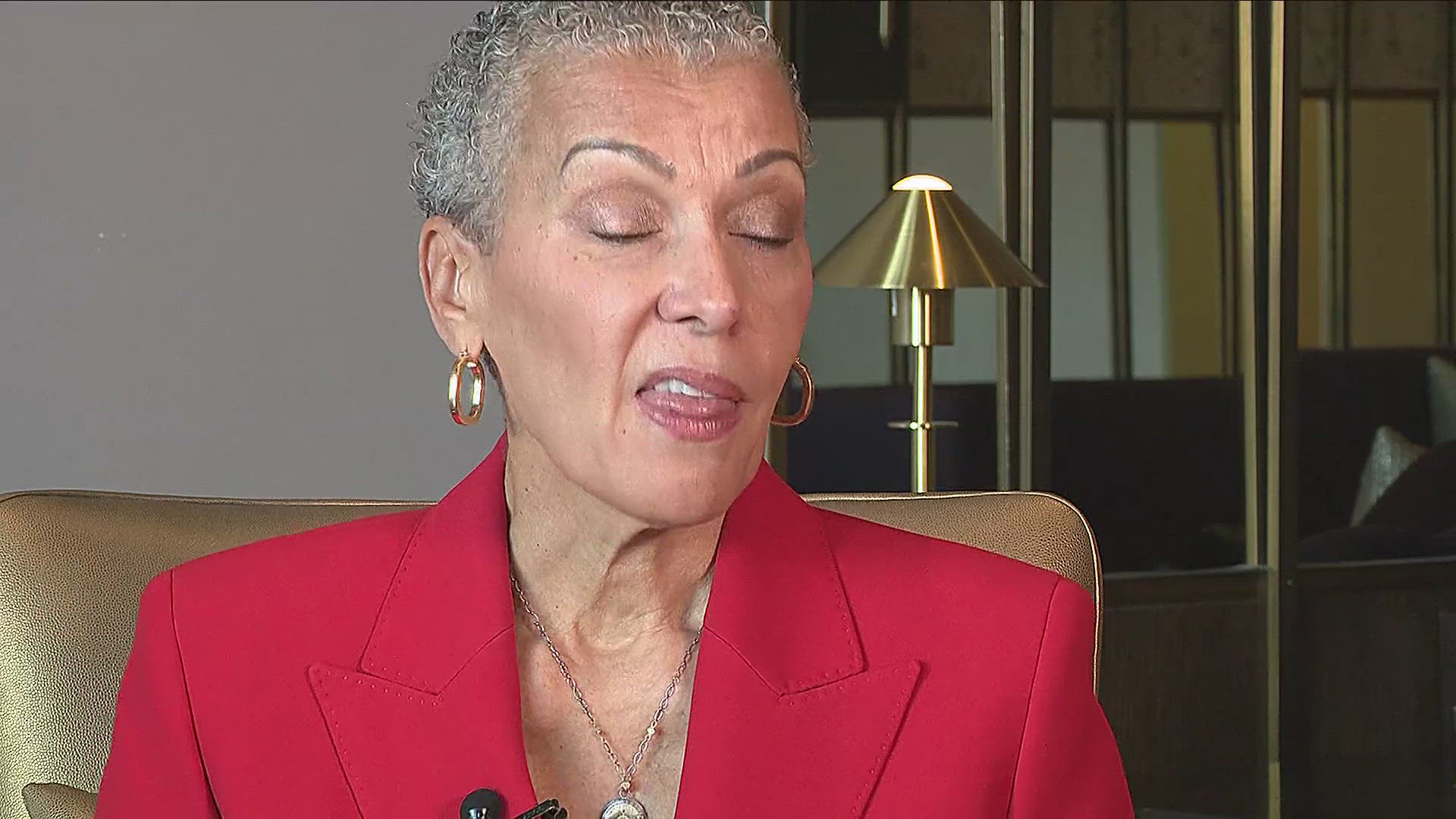BUFFALO, N.Y. — If it's women's health equity, menopause or health disparities, it will be discussed on the Roswell Park main campus this evening from 6:00 - 7:30.
Dr. Sharon Malone is on a mission to get women to be in control of their health.
A few hours before she spoke at Roswell Park Comprehensive Cancer Center's first Pro Perspectives Speaker Symposium, Dr. Malone sat down with Two On Your Side's Claudine Ewing. She said "what I want women to know is how to live healthfully, which is to increase our health span, not just our lifespan. It doesn't do you any good to live for an extra 10 years if nine of those is spent in a nursing home."
Preventative health is a conversation, she says more women need to have.
"The conversation about many of the diseases that we talk about, be it high blood pressure, be it cancer, be it menopause. Really, the conversation has to be backed up almost 20 years. You need to know what to do to not have these things and not deal with them after the fact," Dr. Malone said.
She is a certified Menopause Practitioner. She said, "menopause is the one universal experience."
"One thing that women think of when they think of menopause is hot flashes and yes, you do get hot flashes, but there are over 34 symptoms of menopause that you may or may not associate with menopause, such as dry skin, decreased libido, painful sex, frequent urinary tract infections, sleeplessness, depression, increased weight. All of these things sort of happen and then you may have all of them. If you don't understand that they're all connected to this phase, not just when your period stops, but when you are transitioning. That's the phase called perimenopause and not enough women are aware of the fact that that can go on for as long as 10 years before your period stops," she said.
She has a book called "Grown Woman Talk." She describes it as a practical guide to aging and health. "I talk about this in my book and sort of deconstruct some of the mythology and the misinformation that we have around hormone therapy. I think that the people who are most at risk are the same people who are least likely to complain about it and least likely to get a prescription and be treated for their symptoms."
"We don't know enough about our health and the kinds of things that we should be looking for when we are grown women., and that was really the impetus behind the book."
She has a strong message for black women regarding hormone therapy. "We do not use hormone therapy nearly to the extent that we should."
We in medicine have to really own that because that fear, and particularly the fear of breast cancer really was sown over 20 years ago by one vastly over quoted and misinterpreted study, the Women's Health Initiative. The reality is, is that women and black women in particular, tend to go through menopause earlier, their symptoms are more severe. And they last longer and having hot flashes and sleepless nights increases your risk for cardiovascular disease and increases your risk for diabetes and weight gain. A lot of the things that are again risk factors for other more serious diseases that we as we age. So the message to black women out there is that there is no virtue in enduring, saying ohh I'll just get a fan or turn the air conditioning down. No, you should treat those hot flashes because they are an indicator of other things that could be problematic for you later in life."
You can hear Dr. Malone speak in person from 6-7:30 at Roswell Park in the Research Studies Center - Hohn Auditorium on Elm Street.

